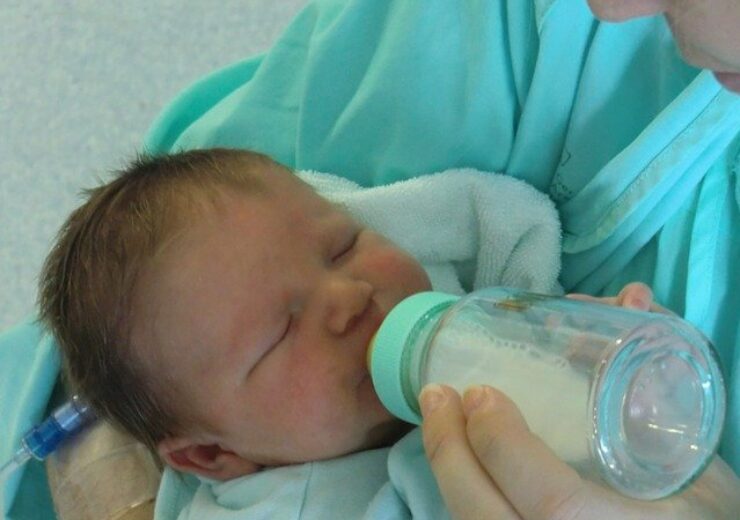The company’s NAAT directly tests the milk to ensure that both the donor and the donated milk are tested for infectious disease-causing pathogens

Prolacta NAAT protocol detects pathogens in donor breast milk. (Credit: Manuel Pacheco from Pixabay)
Prolacta Bioscience has developed a nucleic acid amplification test (NAAT) to detect disease-causing pathogens in donated breast milk, including SARS-CoV-2.
The company provides human milk-based nutritional products, and is the first to apply NAAT to all donor milk received through its milk banks.
Its NAAT protocol is designed to directly screen all the donated breast milk, replacing periodic donor blood tests or bulk testing of milk for viral DNA markers.
The advanced test is developed to address the concerns over milk donor’s contract with a pathogen, which could be transferred through the breast milk undetected, said the company.
Prolacta president and CEO Scott Elster said: “Elevating the safety of donor milk to include real-time direct testing for viruses and bacteria is a transformative advancement in the human milk industry and adds another critical layer of safety before pasteurization.
“We have long employed a `belts and suspenders’ approach to quality and safety. The infants fed our nutritional products are extremely fragile, so we take all precautions possible to ensure their safety.
“Incorporating SARS-CoV-2 testing into our NAAT technology is part of our ongoing commitment to maintain the industry’s highest quality and safety standards while also ensuring that our products contain the highest bioactivity possible to benefit the health, development, and immunity of the infants we serve.”
Prolacta said that human milk-banking industry currently practice testing milk donors for pathogens and infectious diseases in their blood, at various intervals.
As donors are not tested each time they donate milk, they could come in contact with an infectious pathogen after initial testing, or between subsequent blood tests.
Unaware of their infection, the donor may donate the milk that could contain pathogens.
Prolacta’s NAAT directly tests the milk to ensure that both the donor and the donated milk are tested for infectious disease-causing pathogens.
The testing will also reduce the risk of contaminated breast milk reaching the neonatal intensive care unit (NICU), said the company.
Prolacta has started using NAAT on all its incoming donor milk in 2017, and has expanded the platform to test for ten different disease-causing pathogens.
It has added the real-time feature to detect SARS-CoV-2, Mycobacterium tuberculosis, Zika virus, T. pallidum, HIV-1 and HIV-2, HTLV-I and HTLV-II, and hepatitis B and C.
